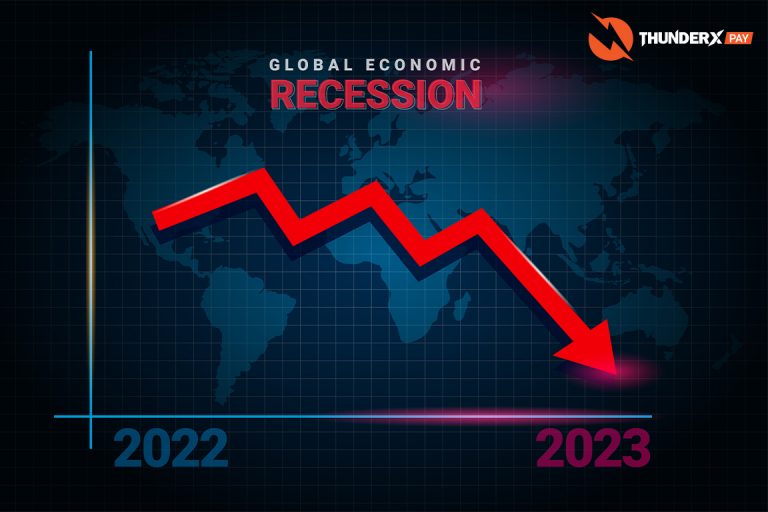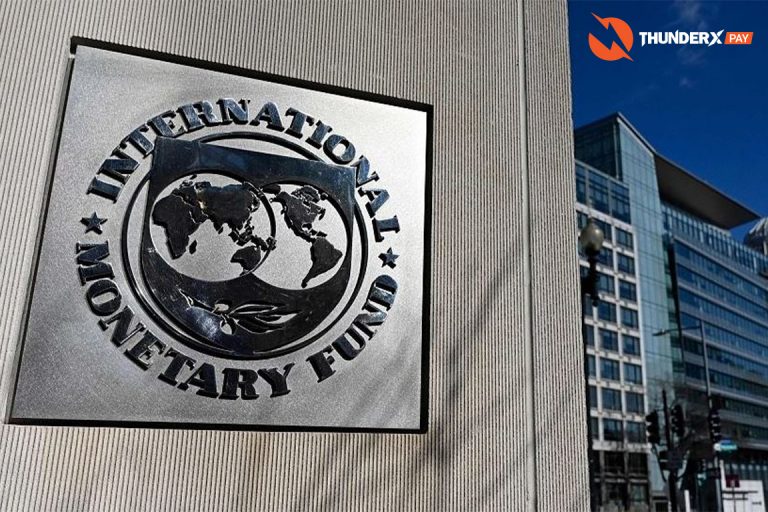The COVID-19 pandemic has affected the world economy, especially the export-import sector affected by the COVID-19 curb and lockdown. After that, some countries have eased with the COVID-19 curb and the economy is recovering, but unfortunately, at the beginning of this year Russia attacked Ukraine, hence western nations sanctioned financial of Russia, then Russia responded by stopping the supply of gas and oil to western nations. Moreover, this year every country has faced a hike inflation rate which is the main factor of economic growth. All of these actions have affected the world economy.

The economic outlook for 2022 in Southeast Asia, The Asian Development Bank (ADB) reported that the 2022 growth projection for Southeast Asia is 5.1% from 4.9%, as consumer spending in Indonesia, Myanmar, and the Philippines enlarged after the government has eased with the COVID-19 curb and opened borders. However, growth projections in Laos, Singapore, Thailand, and Timor-Leste have transitioned downward the causes of weaker external demand from major economies, for Brunei, Cambodia, Malaysia, and Vietnam the forecast has not changed.
Although economic growth in some countries in Southeast Asia increased, economists forecasted that the following year the economic growth would be a downward trend, particularly in the 5 biggest economies in Southeast Asia that have been affected by a global economic slowdown among the hiked global inflation rate and interest rate in the US. The economic outlook for Indonesia was cut to 4.9% from 5.1%, Malaysia to 4.0% from 4.6%, the Phillippines to 5.4% from 5.6%, Singapore to 2.2% from 3.5%, and Thailand to 3.7% from 4.4%.

The latest report of the IMF cut the economic growth of the US and China that the 2 biggest world economies. The FED still raises the interest rate that hopes to control the inflation rate in the US, this action has impacted the value of the Asian currencies to depreciate, including leading to weaker exports from Asia because of the economic US slowdown, and a resulting fall in consumption. The reason that the economy in China would slow down which is no sign of easing its strict zero-COVID policy includes the concern in the real estate sector. Economists analyze the China economic slowdown as the biggest risk in the coming 12 months for Thailand, Singapore, Malaysia, Indonesia, and the Philippines. Especially, Thailand would be affected by the Chinese economic slowdown as the Chinese are the largest group of tourists to Thailand, also the economy in Thailand depends heavily on the tourism sector for growth.



For the report of the IMF in Southeast Asia, the economy would be pressured by the higher price of food and energy, which consequence in decreasing households’ purchasing power, and the monetary tightening policy to control inflation. Meanwhile, ADB reported that the economic forecast for 2023, would fall to 5.0% from 5.2%, as the result of the global economic recession, supply chain disruptions, high inflation rate, and COVID-19 lockdown in China.
The inflation forecast in Southeast Asia has been rosed higher to 5.2% for 2022, and 4.1% for 2023. The main factors have been driven by the hike in prices of food and energy, especially in Indonesia, Thailand, and the Philippines.
ThunderXpay analysts mention that the countries in Southeast Asia should be prepared for the following year to handle the global economic recession, and find a measure to support citizens and entrepreneurs. Moreover, the government should be finding a solution to resolve the inflation and the value of the currency.
Published 21/11/2022
By Windy K.

